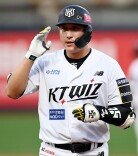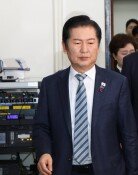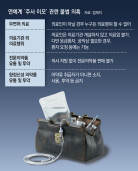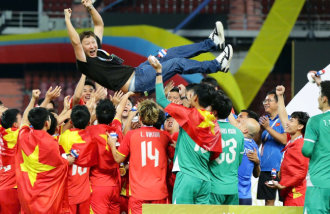[Opinion] Koreas Science Stars
[Opinion] Koreas Science Stars
Posted December. 14, 2006 07:22,
Russian mathematician Grigori Perelman disappeared after posting a proof of the Poincare conjecture, one of the Millennium Prize Problems, on the web in 2003. He gained more fame for being awarded and declining the Fields Medal, called a Nobel Prize in Mathematics, this year.
Korea has a mathematician who solved two similar difficult problems. Korea Institute for Advanced Study professor Hwang Jun-muk provided solutions to deformation rigidity and Lazarsfelds prediction, two difficult problems that remained unsolved for forty years and fifteen years, respectively.
Ten scientists were nominated as the second group of National Scholars, including Hwang, Im Ji-soon, whose papers have been cited 4,393 times in the Science Citation Index (SCI ), Chae Dong-ho, who proved several unsolved theories such as solutions of partial differentiation equations, and Choi Eui-joo, a leading scholar in the studies of cell signaling mechanism. Mathematics and Earth Science were added this year.
The National Scholars program was created to support scientists who have potential to receive a Nobel Prize. It was introduced based on a sense of crisis when the dream of Korea as a leading country in science was shaken by last years Hwang Woo-seok scandal. The nominated scholars will receive 200 million won (100 million won for theoretical studies) every year for five years. The financial support can be extended up to five more years if necessary. The program promotes long-term research unlike Brain Korea 21, which demands fast research results.
It is modeled on overseas star faculty programs. The name, National Scholars, connotes our obsessive desire for a Nobel Prize. However, a Nobel Prize cannot be manufactured by a machine in one day. Long-term investment in basic science research should be preceded. Our dream may come true not when we push the nominated scholars, but when we leave them alone to concentrate on their research.
Chung Sung-hee, Editorial Writer, shchung@donga.com






